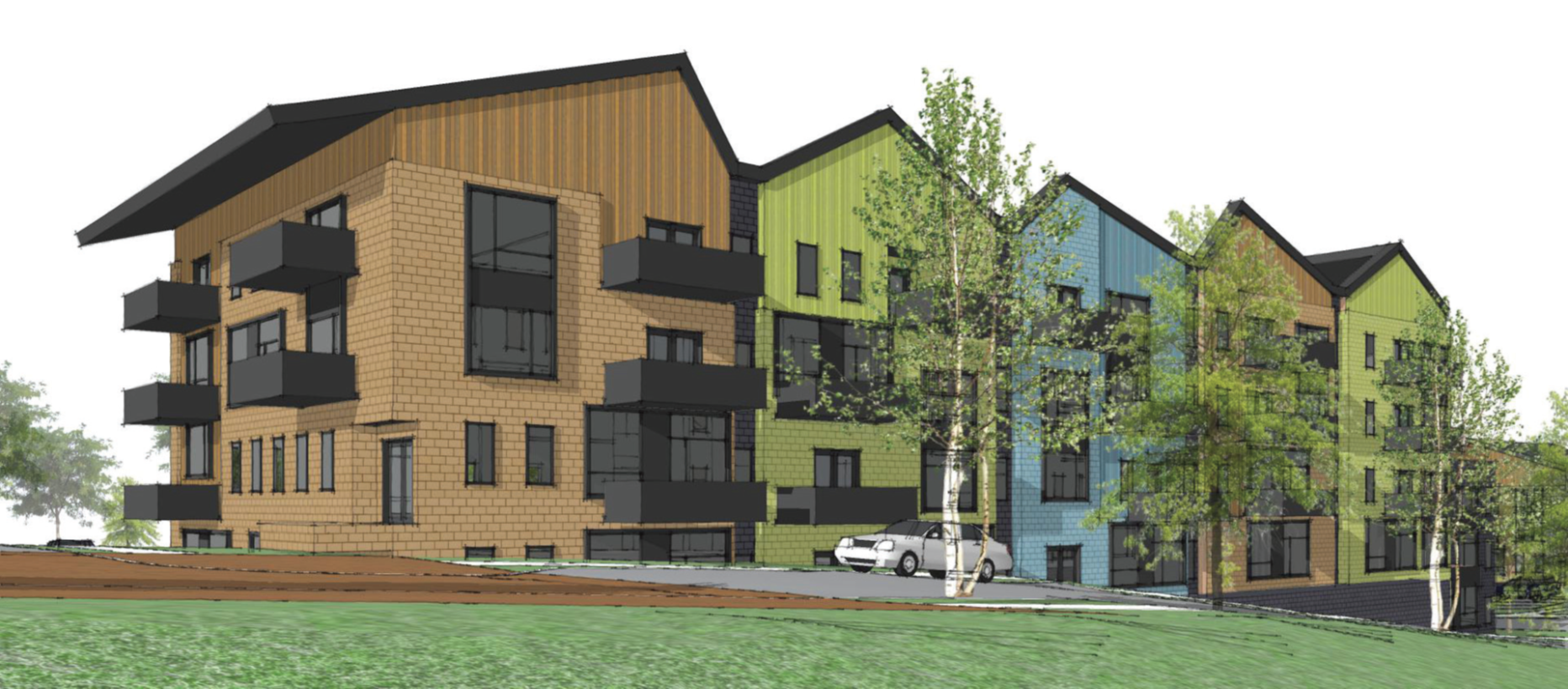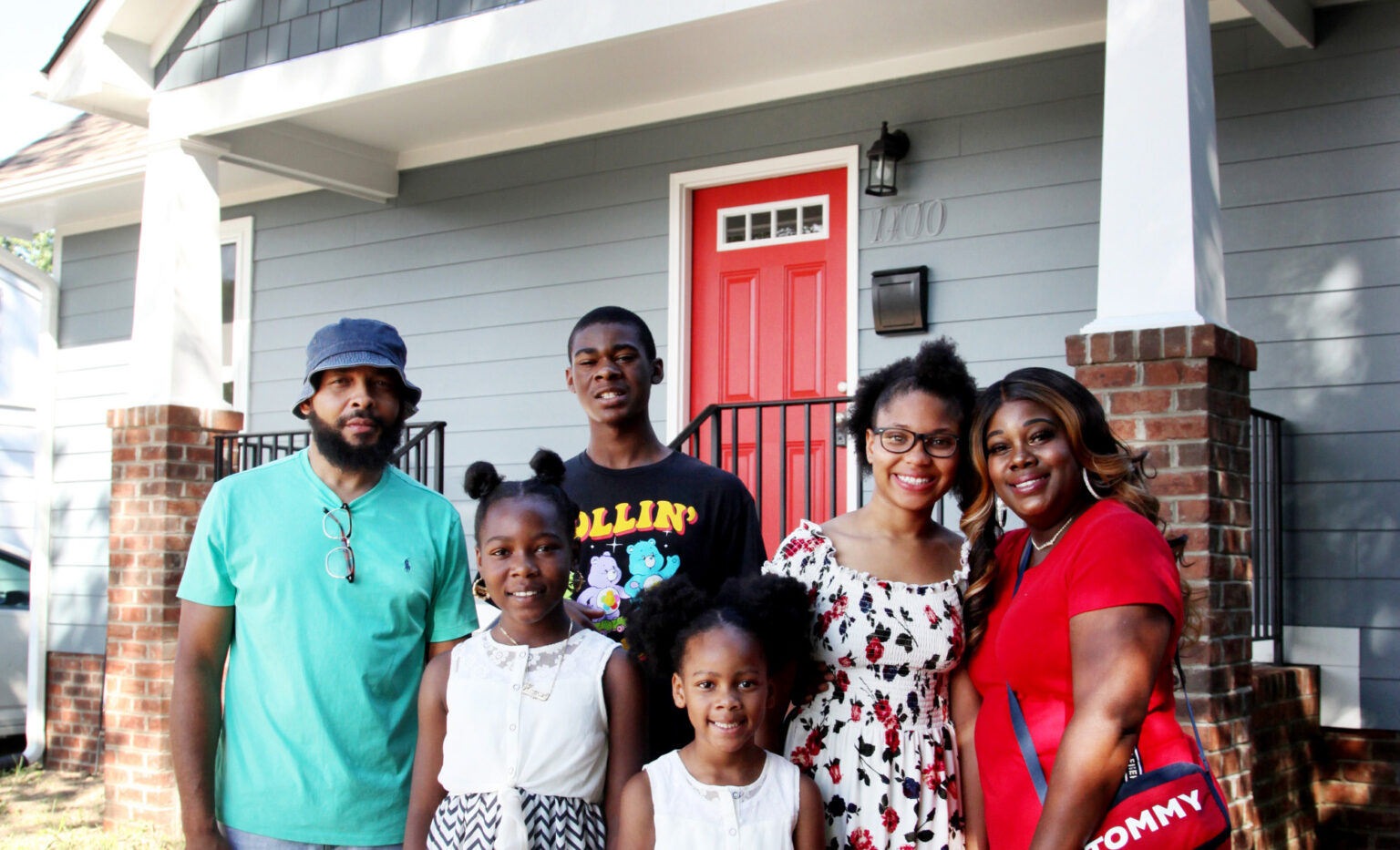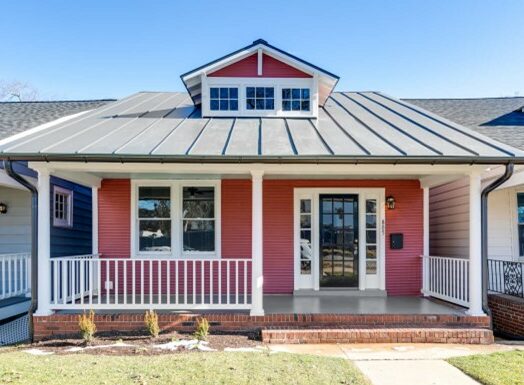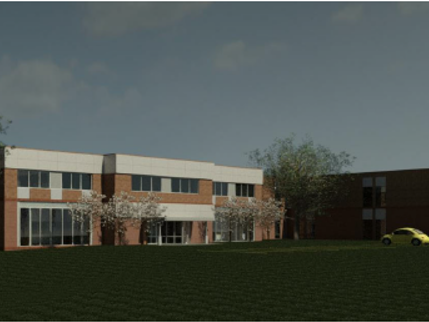270 units built by 2024: Partnerships expand affordable housing in region

John and Tanya Adams beamed as they walked through the bright red door of their new home in Church Hill last July. The four-bedroom house represents a dream come true for the Adams family, while serving as a reminder of the power of partnerships to help solve the region’s affordable housing crisis.
Last year, Virginia Housing awarded PlanRVA $3 million – part of $40 million statewide grant program for local planning district commissions – to address housing needs in the Richmond region. To leverage local expertise, PlanRVA tapped the Partnership for Housing Affordability (PHA) to administer the funds to local nonprofits focused on expanding local affordable housing.
“Historically, PHA and PlanRVA have had a very strong relationship because both organizations are focused on collaboration within the region,” said Martha Heeter, PlanRVA executive director. “The PHA is hyper-focused on advancing housing solutions, and we knew that the organization’s regional Housing Framework designed to establish an understanding of regional housing needs and strategies to address them would provide the right foundation for our investment program. The PHA had the staffing capacity, relationships with localities and nonprofit developers, and the knowledge and passion to drive success. Bringing them in as a partner would ensure we could have the biggest impact on housing solutions with this funding.

Jovan Burton, executive director of the Partnership for Housing Affordability.
PHA worked to determine how to equitably distribute the funds for the greatest impact.
“Three million dollars seems like a lot of money, but housing is one of the more expensive, if not the most expensive social issue a region can have,” said Jovan Burton, PHA executive director. “We really wanted to place an emphasis on serving underserved markets in marginalized communities. We focused on making an impact with entities that typically would not have opportunities like this and ensure that rural areas benefited proportionately from the program.”
Maximizing impact
During the planning process, PHA organized jurisdictions to compete within two separate pools: A small jurisdiction pool which included Powhatan, Goochland, Hanover, New Kent and Charles City counties, and the town of Ashland and a larger pool which included Chesterfield, Henrico and the City of Richmond.
PHA’s plan for the funds focuses on “shovel-ready” projects to help ensure projects come to fruition by the deadline established by Virginia Housing to produce 30 occupied new affordable units by June 30, 2024.
“Construction is rarely a linear process, and development can be incredibly unpredictable,” said Burton. “We wanted to prioritize projects with the fewest obstacles so that the limited funding would be maximized in an efficient timeline.”
Another focus was to equitably distribute the funds. PHA is funding projects in every jurisdiction in which an application was submitted.
The impact of PlanRVA’s partnership with PHA is telling. Despite Virginia Housing’s requirement that the grant produce at least 30 units, PHA is planning to accomplish even more with the $3 million grant. By prioritizing shovel-ready projects and using criteria to determine how funds will be distributed across jurisdictions, it estimates that there will be 270 units built across the region by the deadline.
Equitably distribute funds across jurisdictions and nonprofits
PHA is working closely with Habitat for Humanity affiliates on the housing efforts.
Funding was awarded to:
- The Hanover and King William Habitat for Humanity for three single family homes in Ashland and Hanover;
- Goochland Habitat for Humanity for two projects;
- Richmond Metropolitan Habitat for Humanity for two projects in Richmond and Chesterfield County ;
- Greater Peninsula and Williamsburg Habitat for Humanity, which covers Charles City and New Kent counties, for one project.
In the larger jurisdictions, Virginia Supportive Housing and the Better Housing Coalition will execute larger multi-family projects, including an 86-unit development and a 147-unit development, respectively. The Maggie Walker Community Land Trust is slated to build 10 single family homes on the site of a former annex building in Ettrick, located in the southern part of Chesterfield, and project:HOMES will develop six rental units in Church Hill through a partnership with Urban Hope.
“We prioritized projects that would serve people with lower incomes,” said Burton. “That was a criterion within our application process, and we're really excited about how the funding was distributed.”
PHA restricted the program to nonprofit developers with the idea that the current economic conditions created additional barriers to producing high quality units and services in communities. Nonprofit organizations can incorporate the grant funds into their projects where it’s needed most: To address escalating costs or to assure critical accompanying program supports are preserved.
Celebrating the first home
This summer, nonprofit partners gathered to celebrate the Adams family as they took ownership of their 1,700 square-foot home, one of nine units Richmond Metropolitan Habitat for Humanity is constructing with support from the grant.
Tanya Adams shared with Richmond Metropolitan Habitat for Humanity how owning a home will, “ ... mean everything to us – to have something we can pass down to our kids. They can see their parents did it and it will be a start to building generational wealth for my family.”
The family contributed hundreds of hours of volunteer hours to help build the home and took advantage of the nonprofit’s homeownership classes. Through Richmond Habitat’s Affordable Homeownership program, the family has an affordable zero percent interest mortgage.
“This has already been a successful program and the first completed unit is a demonstration of what can happen when we have targeted investments for housing,” said Burton.

Subscribe to The Better Together Connector
Sign up to receive The Better Together Connector, a quarterly e-newsletter designed to highlight the latest efforts, successes and a look ahead from PlanRVA, the Central Virginia Transportation Authority, the Richmond Transportation Planning Organization, and the Emergency Management Alliance of Central Virginia.



